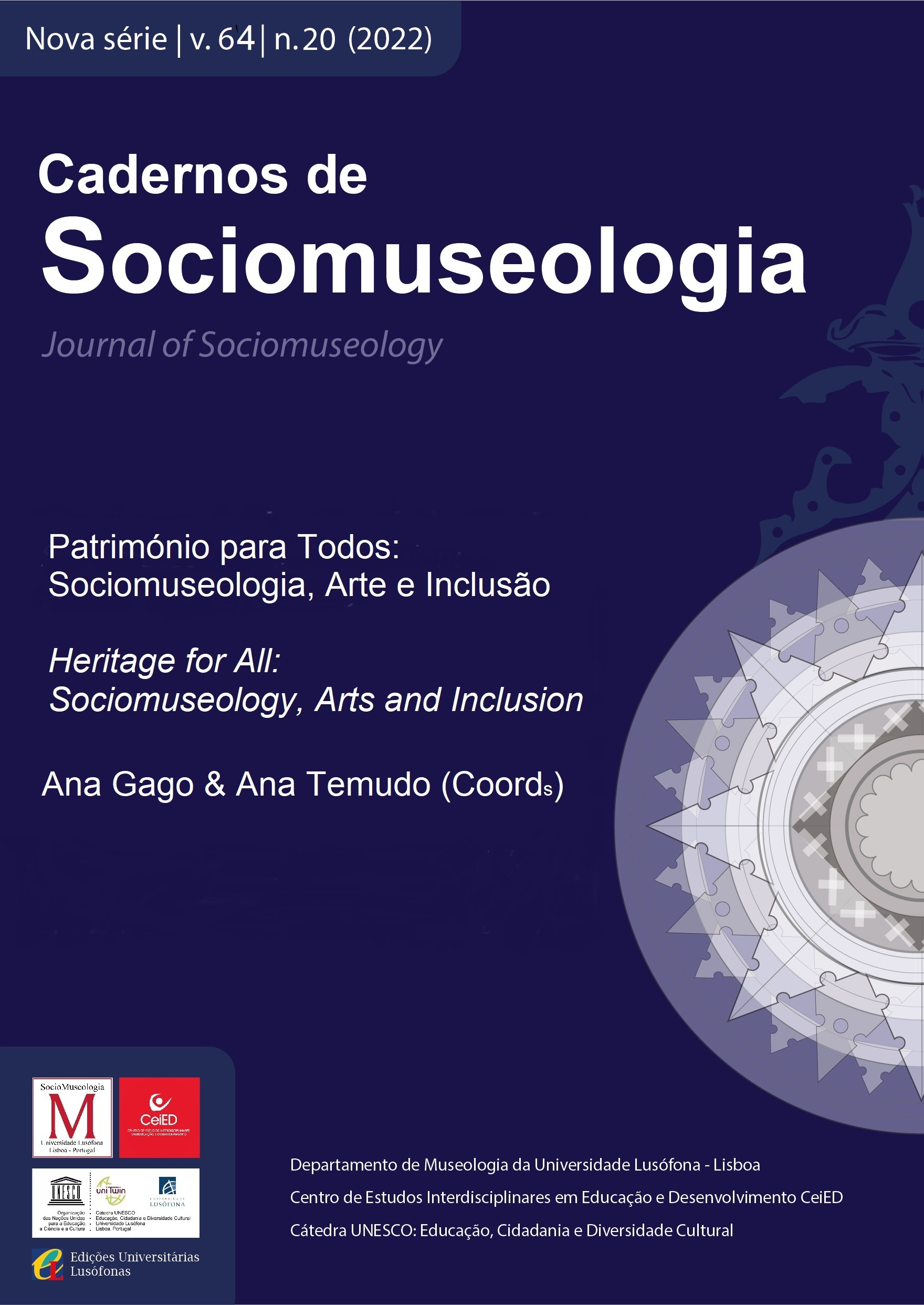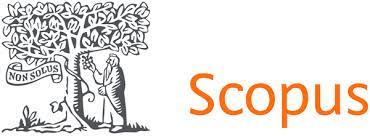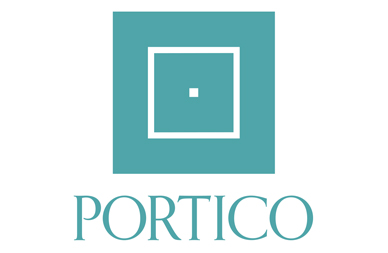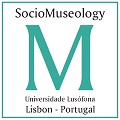Pensamento decolonial e as heranças africanas nos museus em Portugal
Résumé
O artigo trata da permanência na generalidade dos museus em Portugal, de uma ideologia que expressava a relação colonial do passado e que, no essencial, se mantém em vigor na sociedade portuguesa. Esta ideologia na sua forma atual, que foi construída a partir da Conferencia de Berlim (1895) por um conjunto não muito grande de académicos, elites militares e políticos, os quais em particular no período do Estado Novo viram as suas visões da relação colonial consagradas na política colonial de António Salazar e de Marcelo Caetano.
Os exemplos dados sobre as diferentes aproximações à natureza da relação colonial no século XX mostram claramente que o pensamento dos ideólogos do fim do século XIX e do século XX, incluindo os tempos da última guerra de libertação, evoluíram de um pragmatismo sem restrições, para dar origem a uma ideologia que procura apresentar uma relação colonial fundada no respeito mútuo, no carinho, na solidariedade humana, enfim, na "comunhão cristã". A ideologia dominante continua a justificar a colonização, a guerra (colonial ou de libertação), o trabalho forçado, a distinção entre os princípios de uma cultura mais avançada e de uma moral superior. Tudo em nome de uma imaginada relação colonial respeitadora dos Direitos Humanos.
O artigo analisa algumas manifestações desta ideologia na Museu da Guerra Colonial em Famalicão que de certa forma podem ilustrar como, sob a capa de um discurso pretensamente “neutral”, a se mantém os valores da colonialidade. O artigo chama a atenção para a necessidade de ter em consideração, recentes documentos das UNESCO ou a nova definição de Museu aprovada pelo ICOM em 2022 os quais em muito poderiam ajudar os museus a ter uma atuação mas conforme com os Direitos Humanas
Palavras chave: Museus, colonialidade, ideologia colonial
##plugins.generic.usageStats.downloads##
Política para Periódicos de Acesso Livre
Autores conservam os direitos de autor e concedem à revista o direito de primeira publicação, com o trabalho simultaneamente licenciado sob a Licença Creative Commons Attribution que permite a partilha do trabalho com reconhecimento da autoria e publicação inicial nesta revista.













